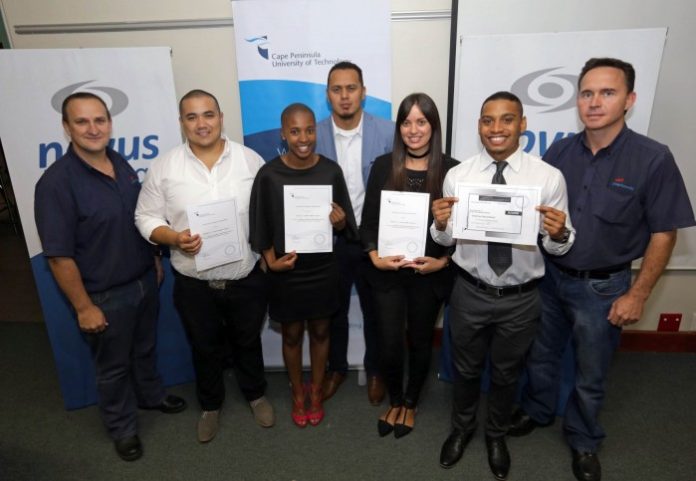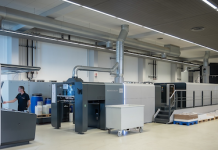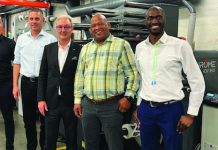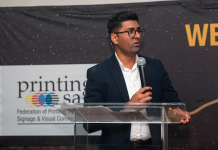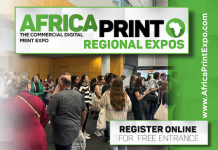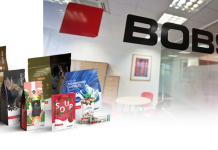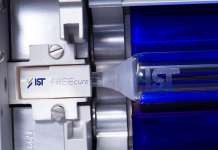A number of solutions in combatting wastage in the printing industry have been brought forward, thanks to the innovative thinking of students who were encouraged by Paarl Coldset Cape Town.
The printing division challenged B-Tech students from the Cape Peninsula University of Technology (CPUT) to brainstorm ways to re-use waste generated by the local printing company. Undertaken during 2016, the solutions brought forward will provide a platform for a profitable business opportunity, with prize money to the value of R48,000.
Named the Paarl Coldset Waste Re-use Project, the initiative came about as a result of the 20 Keys Audit, a Japanese methodology based on lean transformation. Forming part of the coldset printing division of Novus Holdings, Paarl Coldset Cape Town generates waste in the region of 1200kg of plastic and 60-70 tons of paper each month. Instead of selling the waste, Paarl Coldset Cape Town employees were asked to brainstorm opportunities that could add value to waste products.
Initiated by Hugo van Eyssen, production manager at Paarl Coldset Cape Town, the Waste Re-use Project proposal was presented to CPUT in December 2015, which would see a mutually beneficial synergy between the print entity and the university’s department of management and project management.
The project invited both full-time and part-time students from the 2016 BTech Project Management programme to combine their conceptual and contextual knowledge while being exposed to real industry challenges. It was also in line with the university’s goal of promoting partnerships with local industries.
Phases of the project included the provision of project briefs in February 2016, tours to the Paarl Coldset Cape Town plant in April 2016, the submission of proposals and presentations in October 2016 and a November 2016 conclusion.
Commenting on the competition outcome, Conrad Rademeyer, group executive of Coldset and Tissue at Novus Holdings, said, ‘We are committed to recycling and decreasing our chemical waste output in a sustainable manner, and together with CPUT, we learned a great deal from this project.’
In total, 300 students took part in 45 distinct groups. Competition winners were, in first place, Sustainable Stationery, which suggested manufacturing a variety of stationery out of the waste. In second place was Powertainer, which encouraged the use of paper and carton to generate electricity; and, in third place, Bokamosa, which envisaged the manufacturing of sanitary towels for schoolgirls.
Rademeyer added, ‘Overall we received several good quality proposals from the students who put their entrepreneurial skills into practise. What stood out in the winning proposal and presentation was that it was implemented at a higher level than the others. The team created a well-planned concept that has good business potential.’
While Paarl Coldset Cape Town is not able to implement the winning proposal as it does not form part of its core business, the printing entity is however looking into the second-placed proposal: to create electricity from the waste.
The printing entity is discussing the possibility of running such a competition again in the future.


